Companies like Google are now investing millions of dollars in the pursuit of eternal life. Along with the breakthroughs, the scientists come across some challenges, as well.
Immortality has fascinated people for thousands of years. The prospect of living forever makes such a strong case against the fear of dying that people seek an elixir or medicine to prolong life for many centuries.
We want to share with you what is happening in science in the pursuit of immortality and I would like to present you with a perspective on the possibility of living forever.
Ongoing Research
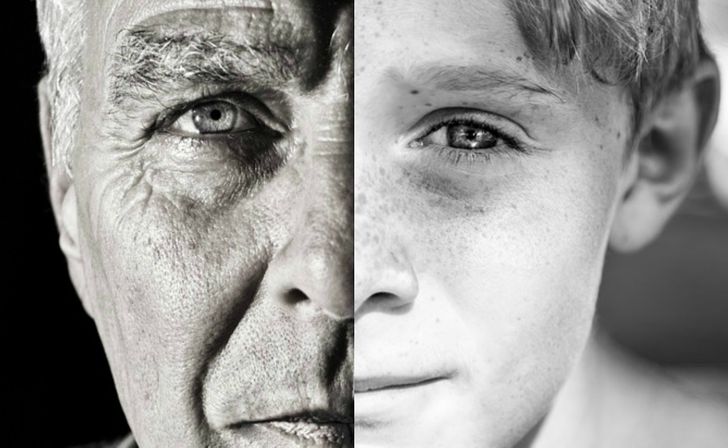
The idea of immortality is so compelling that modern science and medicine can bring us as close as possible to discovering a solution than ever before.
For example, at Northwestern University in the United States, scientists have learned to deactivate the “genetic code” that causes aging, yet not yet in humans, but in worms.
Sure, it’s a big step for worms for humans, but this technique is already a major achievement.
Another achievement was reviving old rats, infusing the blood of young rats. Researchers believe that this procedure may also work in humans.
Silicon Valley is also involved in this science, and we have some big names behind the research.
Worldwide Contribution

A lot of money is being invested in immortality research, and many celebrities are involved in the contribution:
Larry Ellison: One of the five richest men on Earth and one of the owners of Oracle.
Sergey Brin: Co-founder of Google and the Calico Foundation, which focuses on health, wellness, and longevity.
Aubrey de Gray: scientist and researcher; founder of several studies on regenerative medicine.
These famous people have confessed that they are afraid of aging and death and are now investing in the search for remedies against this seemingly “inevitable” outcome.
7 Deadly SENS
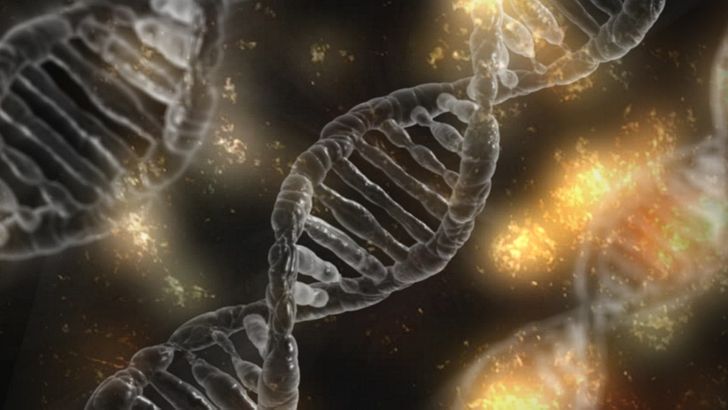
The scientist and author of Ending Aging (2007), Aubrey de Gray, is working on strategies to exclude the death of our genes. He is currently working on the “7 Deadly SENS” – things that cause aging at the cellular level “, and they are:
- Nuclear Mutations / Epimutations: Mutations that can cause cancer.
- Mitochondrial mutations: components of our cells that are important for energy production.
- Intracellular waste: proteins that our cells do not “digest correctly”.
- Extracellular waste: proteins accumulated outside the cells. For example, in the brains of Alzheimer’s patients.
- Cell loss: cells that the body itself cannot regenerate.
- Cellular senescence: when cells lose the ability to divide.
- Extracellular crosslinks: cause a loss of elasticity in cells and tissues.
Modern Science On Immortality And 5 Ways To Achieve It
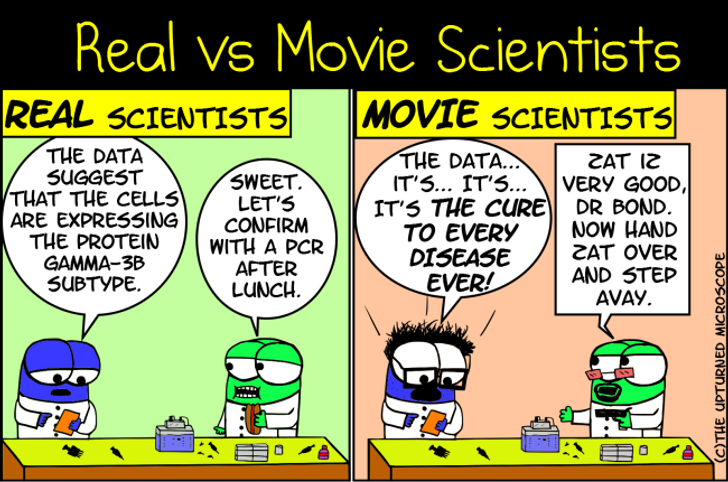
The idea of immortality is captivating nowadays and we have a lot of science fiction to imagine how it can end – movies, TV shows, books, and scientific articles provide an incredible amount of information.
To quote Wolfgang Fink, a researcher at the University of Arizona, “I would see that immortality comes from the biological sector.” It also says: “By preventing the death and aging of cells, by preserving them through cryogenic or donor methods, we can extend their natural life.”
Here are the five ways scientists believe they can achieve immortality:
Unlocking the gene power: By cracking the mysteries of genes, scientists can find a “gene for immortality” and “implant” it.
Cloning: parts of the body for replacement or a complete human. Cloning is considered a branch of immortality studies and is the most evolved.
Cryogenic: It is more the science of preserving the organism, it can help people to “cryogenically fall asleep” until a cure for their disease is found.
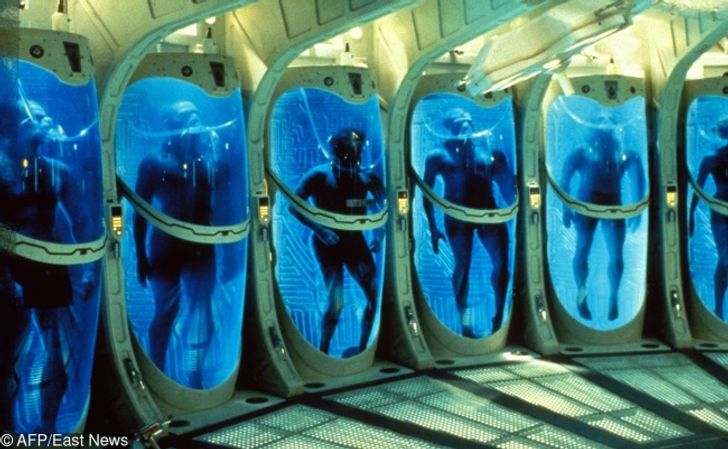
Cyber Brain: Your body may die, but your mind may be loaded onto a hard drive and remain ageless. Its main “actor” is a project called Russia-2045, which claims to be able to do this in just 17 years.
Cellular repairs: Nanotechnology is also evolving, so it is possible that all the modifications and treatments of our body will soon be carried out by nanorobots. They can even replace dead cells with newer ones or heal them completely.
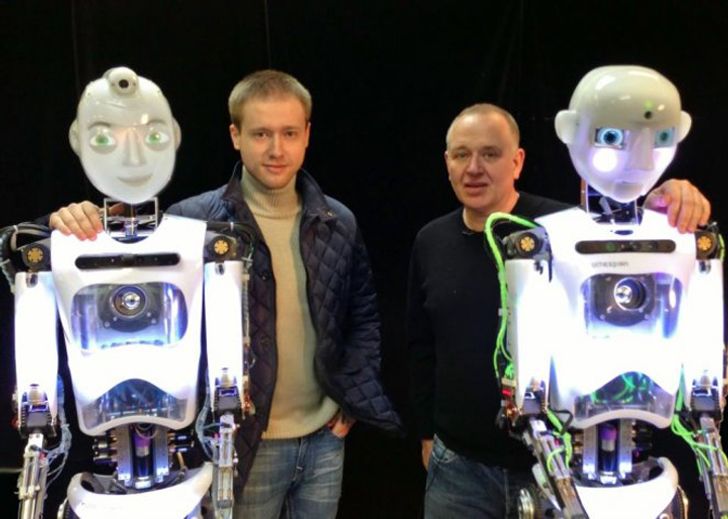
Eternal Life Through Meditation?
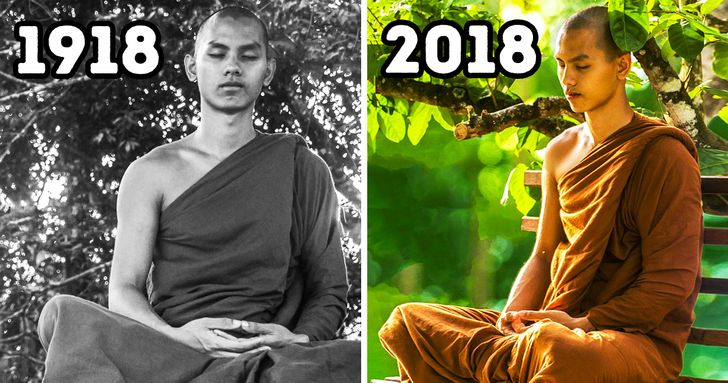
Although what scientists are dealing with still reminds us more of science fiction, let’s go back to what is happening on Earth.
Have you heard of Dashi-Dorzho Itigilov? He was a Buddhist Buryat lama, born in 1852. And he is still believed to be in a meditative state rather than dead.
It is all due to the way he passed away. He recommended that his fellow monks begin the process of meditation and funeral rites while he was sitting in the lotus position, claiming that he would soon pass away.
He never “woke up” from this meditation and to this day remains in the lotus position and seems to remain immune to any signs of decay. People believe that they are in a state of hibernation or similar to nirvana.
Well maybe meditation doesn’t bring eternal life to all of us, but some of the benefits of meditation are:
- A release of endorphins
- Stress reduction
- Sleep improvement
- Pain relief
- Lowering of blood pressure
All of the above can have a positive effect on the longevity of your life.
Biohackers take a different approach to longevity. They use their knowledge of neuromediators and genes to prolong their lives and improve their body’s performance.
The Centenarians
Over the years, various men and women have achieved a long lifespan. Here are some of them:
Jeanne Calment (1875-1997), lived for 122 years and 164 days.
Shigechiyo Izumi (1865-1986), lived for 120 years and 237 days.
Sarah DeRemer (Clark) Knauss (1880-1999), lived for 119 years and 97 days.
Lucy (Terrell) Hannah (1875-1993), lived for 117 years and 248 days.
Marie Louse Febronie (Chasse) Meilleur (1880-1998), lived for 117 years and 230 days.
Some of those centenarians who are now alive are vegetarians, some eat a lot of meat and drink wine, some are smokers, many love chocolate, and many do not like to exercise.
But what they have in common is that they are generally happy and relaxed. And we think it’s something to follow while scientists are busy trying to unravel the secret of immortality.
What do you think will happen in the future in this field? Do you think science can really make people live forever? We’d love to hear your thoughts in the comments!

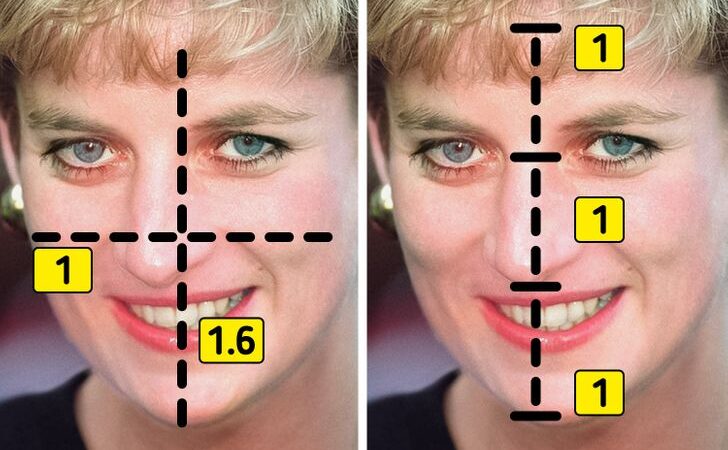
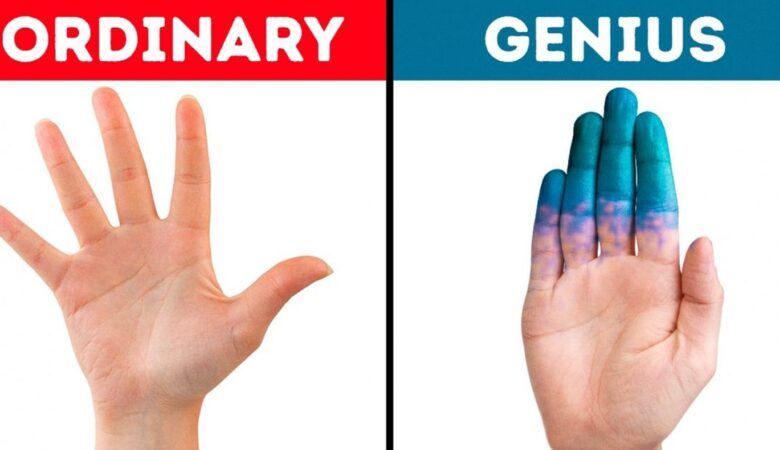

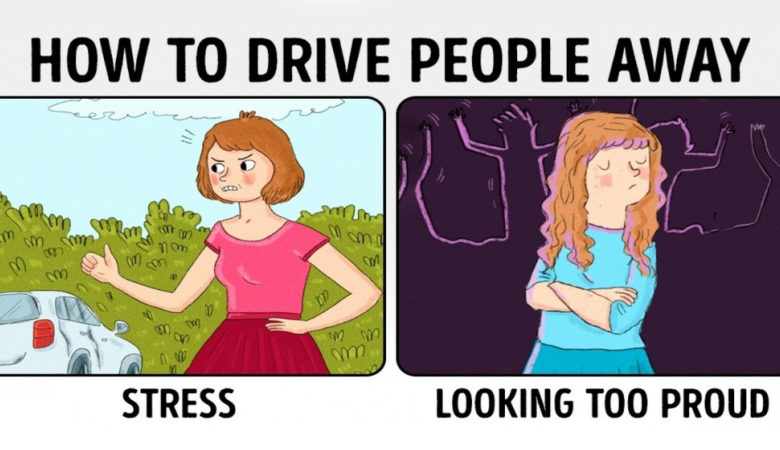




Leave a Reply